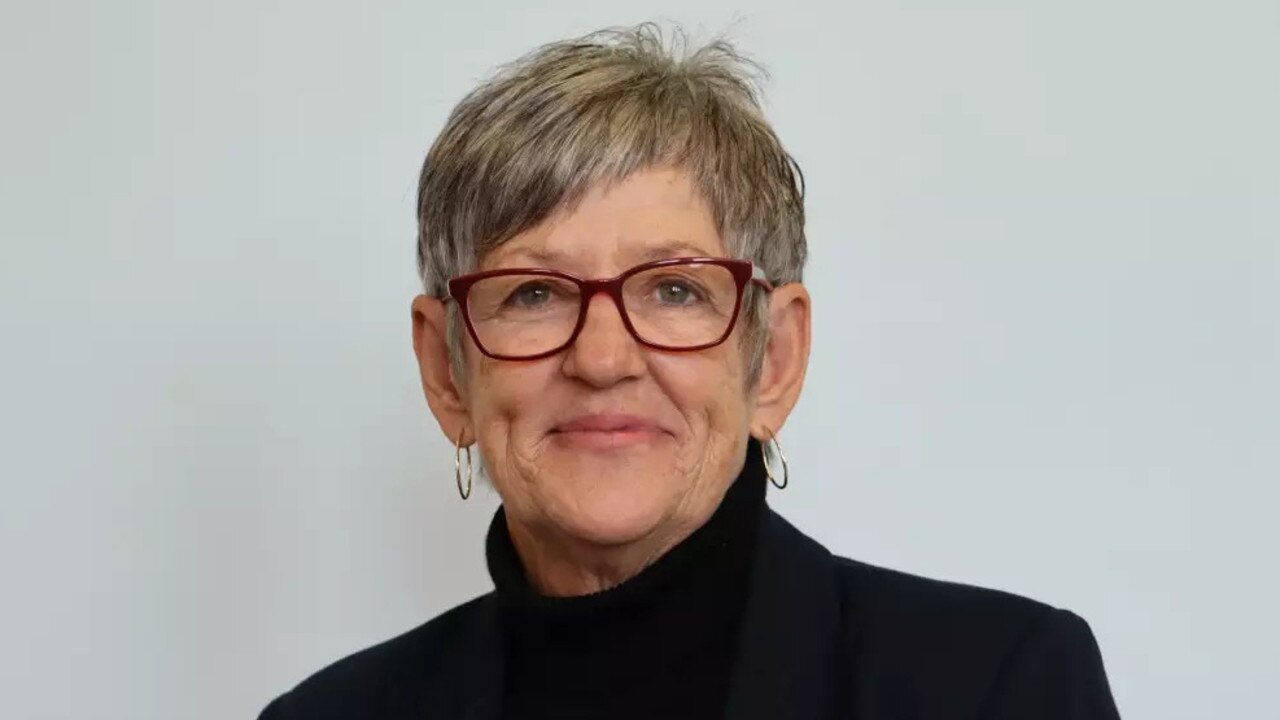Those within the disability support sector share worries about lack of services and staffing issues
When Isabella, who was born with Williams Syndrome, met Janet her life changed for the better. The pair shared how our most vulnerable struggle to access much-needed services.

When Isabella Compain met Janet Dennis-Browne, she knew straight away she was the one.
“We liked the same kind of music and all sorts of stuff,” Ms Compain said.
“We had lots in common.”
Ms Compain, who is 23, was born with Williams Syndrome, a genetic condition that is characterised by developmental delays and learning challenges.
Ms Dennis-Browne became her support worker through Carer Solutions’ Direct Employ service after she had a negative experience with a different disability service provider.
“I used to hate doing the dishes when I was younger; I used to hate cleaning my room,” Ms Compain said.
“But now Janet has helped me all through that; I’m very independent.”

The pair both live in North-West Tasmania and say it is challenging to access disability support services.
“When it comes to catering for specific components of Isabella’s disability, it can be a real struggle to be able to find things that cater for her learning curves and development milestones as she gets older,” Ms Dennis-Browne said.
“The Bass Strait seems to stop us from having a lot of services that the mainland has that we could be accessing.
“We seem to be a little backwards in that way. That stretch of water definitely is a disablement; it’s not empowering or an enablement.
“In Tasmania, we definitely do miss out on things.”
Speak Out Tasmania Advocacy Practice Leader Julie Butler has worked in the disability support sector in the North-West for more than two decades.
She says the quality of disability workers in the region, not the quantity, was her primary concern.
“One significant issue is the over-support of individuals with disabilities, which hinders the sector’s sustainability,” Ms Butler said.
“Support workers need better training to focus on empowering individuals with disabilities to become more independent, rather than merely providing direct assistance and ‘doing for or to’.”

Ms Butler also said it was common for skilled support workers to get elevated to higher levels of management.
She believed this resulted in a “constantly unskilled and inexperienced workforce” at the coalface.
“This perpetuates a cycle of insufficiently trained workers who may leave the sector when the job does not meet their expectations,” Ms Butler said.
“Improved training and a focus on skill-building and achievement of goals for people with disabilities would create a more sustainable and appealing work environment for support workers.”
A Department of Social Services spokesperson said the federal government knew that some people in remote and regional areas of Australia could not access the care and support they needed.
“As mainstream approaches do not always work in these markets, the government is trialling some collaborative, community-driven solutions across the care and support sector as they can provide some of the solution,” the spokesperson said.
“The government is undertaking the Integrated Care and Commissioning project to respond to community-identified needs and help build a sustainable care and support sector.
“The Integrated Care and Commissioning trials complement the government commitment to ensure access to health care and support services for all Australians regardless of where they live.
“The goal of the trials is to enable communities to identify what better access to care looks like for them and what activities they need to get there.”




